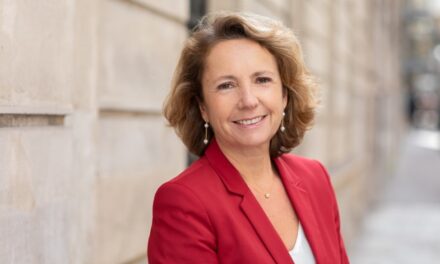
French postal market opens to competition
The French postal market has been opened up to competition with the first licence awarded to a private operator. The national postal regulator ARCEP has also fixed a price cap on La Poste letter rates for the next three years.
ARCEP granted Adrexo, a direct mail distribution subsidiary of SPIR Communication (Ouest France group), a licence to provide postal services throughout France (except for Corsica). It is also considering applications from other unnamed companies.
Adrexo, with 2005 turnover of some €237.5 million, distributes some 7.7 billion free newspapers and printed items a year as well as 25 million addressed items into letter-boxes. It employs 25,000 delivery staff and has 284 operating centres.
The licence covers non-urban letters weighing more than 50g or priced above €1.325 per item, which 2.5 times the basic French stamp price. It also gives the operator “downstream” access to La Poste’s national postal network for “final mile” distribution. It is unclear when Adrexo will start its mail service.
The French addressed mail market has a volume of 16.7 billion letters, according to ARCEP figures for 2004. In that year, the La Poste “reserved area”, or mail monopoly, covered some 15 billion letters (up to 100g) a year with a value of €6.6 billion. The market segment theoretically open to competition but with no licensed competitor had a value of €1 billion and about 1.2 billion mail items.
The reserved area was reduced to 50g at the start of 2006, reducing the value of La Poste’s monopoly market segment to €6.1 billion (2005 figures). This means Adrexo will be competing with La Poste for a market segment valued at about €1.5 billion.
Meanwhile, ARCEP has fixed a price cap for 2006-2008 covering La Poste services offered under its Universal Service Obligation. La Poste will not be able to increase rates by more than 2.1% a year. The national postal operator had previously had a government-imposed annual price cap of 2.5%. La Poste described the decision as “balanced” and said it meant that it could continue to offer affordable prices while investing in modernisation and quality improvement.











